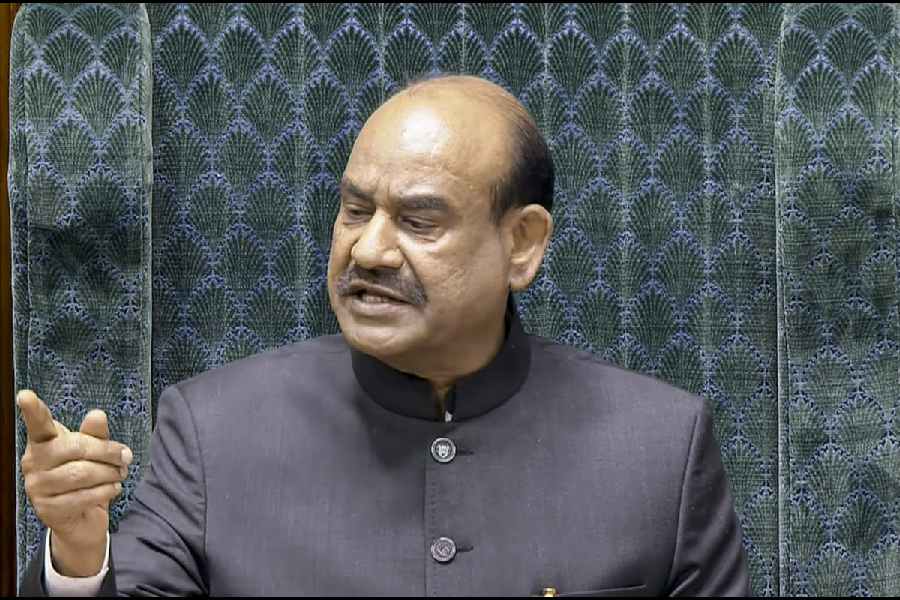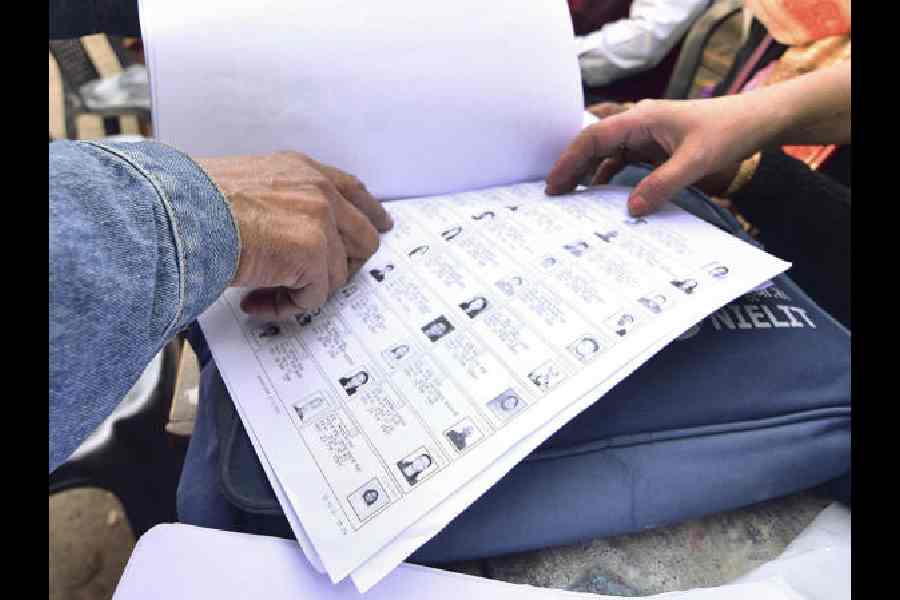 |
Never has news been as promiscuously fickle as the events of the last few weeks. Even before the monthlies could catch the party mood of Amitabh Bachchan and Asha Parekh (both turned 70 this October with huge celebrations), the passing away of Yash Chopra black-bordered the pages and Diwali was less celebration and more fireworks between his last film Jab Tak Hai Jaan and Son of Sardaar.
But before either SRK or Ajay Devgn could pop a second bottle of bubbly, the mood turned sombre again with the death of Bal Thackeray. Who would even want to discuss two filmwallahs and their box office shenanigans when over two million mourners closed down Mumbai and television was dominated all weekend by the Shiv Sena leader’s demise and funeral?
By Tuesday, barely had the city of Mumbai returned to business as usual when the buzz once again began to revolve around extremely inane chatter like, “Shah Rukh and Salman Khan shook hands and patched up at the after-party of Jab Tak Hai Jaan, and Amitabh Bachchan has tweeted about it but Shah Rukh is still denying it and getting angry with questions on it.”
Fortunately, before that became prime time fodder, the hanging of Ajmal Kasab shifted the focus to something of genuine national importance.
Mahesh Bhatt was one of the first to sensibly tweet about it with sharp, logical observations. Wrote he, “A life for so many lives! You kill and violate the sanctity of life then your life should be taken & in the same manner as the life you took… Are we to say that his life has more sanctity than the life or lives he has taken?”
Moving to the larger picture of capital punishment, I was keen to have the very vocal Shabana Azmi’s reaction to the hanging for one simple reason. Years ago, there was a very shabbily-made film called Jaago which starred Sanjay Kapoor and Raveena Tandon as parents who lose their school-going child after she is gang-raped in a local train. Based on a real life incident, Shabana had turned down the role, not because of its shoddy making but because the film went on to recommend capital punishment for the perpetrators of the crime.
“I am totally against capital punishment and I cannot do a film that advocates it,” Shabana had ruled, characteristically obstinate once she had made up her mind.
Perhaps, because such a stand would be misconstrued if repeated in today’s context, Shabana didn’t respond to a text message asking for her comment.
However, Mahesh Bhatt had deliberated on it and, without taking any names, he said to me, “To those who talk against capital punishment, I cite the example of a neighbouring country like Thailand that is wedded to a Buddhist ideology but which has capital punishment for drug peddling because they believe that it destroys their society.”
He remarked, “The question that stares us in the face therefore is, don’t you want the policeman to protect you, the army, navy and air force with all its weaponry to protect you and your sovereign land? You cannot allow a terrorist to threaten the sovereignty of India. The state cannot fail to protect its land or deal with it half-heartedly or with cowardice. Mercy to the guilty is cruelty to the innocent.”
Mahesh wasn’t just being quote-happy. It’s a subject he had read and discussed at length. He shared this during our conversation: “I read an account of a man on the death row in America who wrote, ‘When you live on the streets out there and make a living out of killing people, get ready to one day be killed.’ The man on the death row who had been sentenced to the chair, had the integrity to say this. It’s true. When you are facing the other end of the gun, you can’t demand a different morality and expect mercy.”
Before right-wingers celebrate Mahesh’s comments as one of their own, he threw some disturbing food for thought and moved to the other side of the border. “Having said what we have about Kasab, I agree with what activists in Pakistan are asking us to do. What are we doing about the perpetrators of the Samjhauta Express where 68 Pakistanis lost their lives? There are guilty Indian fingerprints out there, people who are on Indian soil. We must deal with them too, because the families of those 68 Pakistanis killed also want closure.”
Mahesh Bhatt’s last word was, “I fear that Sarabjit Singh may not come back home. Victim of tit for tat politics.”
Bharathi S. Pradhan is editor, The Film Street Journal











